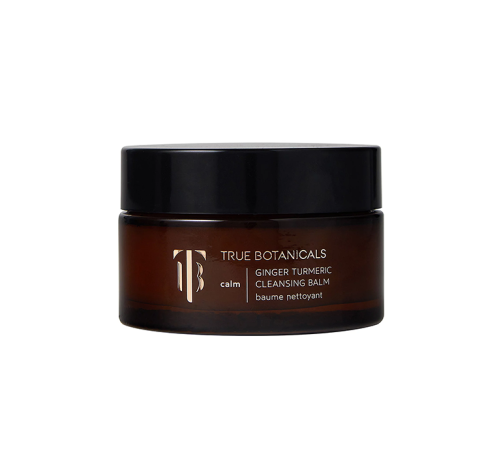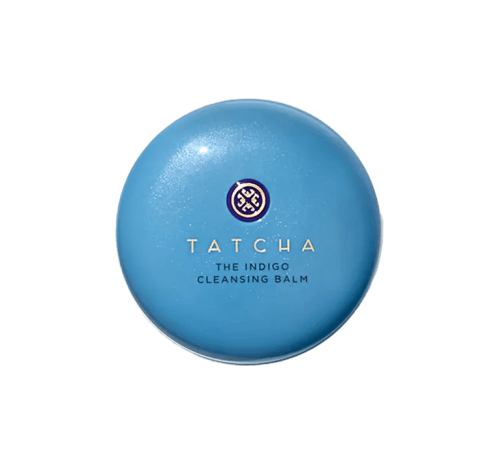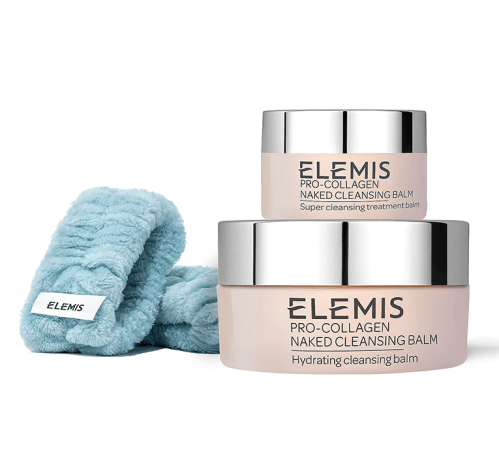We all know pimples (and their evil twin—mysterious facial rashes) love a sneak attack. When you wake up, have a big meeting, run into someone hot, they’re there.
But the thing is, skin is a pretty reactive organ, so it’s likely the annoying red blotches on your face aren’t really there out of the blue.
Your skin could be responding to something internal or environmental, says New York dermatologist-psychiatrist Amy Wechsler, who wrote The Mind-Beauty Connection: 9 Days to Reverse Aging and Reveal More Youthful, Beautiful Skin.
SEVEN REASONS YOUR SKIN MIGHT BE FREAKING OUT
1. Your skin-care products changed2. Your diet changed3. Your stress level changed4. Your travel schedule has changed5. The season (and humidity) changed6. Your hormones changed (hello, Aunt Flow)7. Your hours of shut-eye have changed…for the worse
This Parisian Skincare Brand Is Launching in the United States for the First Time—Here’s What a Derm Wants You to Know

We’re Calling It: Cleansing Balms Are the Face Wash of the Future—Here Are 3 to Add to Your Cart

This Is the One Product That Scarlett Johansson Always Keeps in Her Purse and on Her Bedside Table

If you answered “yes” to any of these, your skin could be stressed out. The good news? You don’t have “bad skin.”
“Stress causes all sorts of skin problems, including breakouts and eczema because the stress molecules (mostly cortisol) are inflammatory,” explains Dr. Wechsler. “And they inflame follicles leading to acne and break down the skin barrier, leading to eczema.”
How to turn your skin-care blight into a temporary blip on the radar?
Rather than throwing harsh zit medicine at the problem, retrace your steps and see if you can root out the culprit.
“To bring down swelling and redness, a whole milk compress can help,” says Dr. Wechsler. Soak a clean, super soft washcloth in milk, and apply to your face (don’t rub it in), and recline for five minutes. You might want to put a tea towel under your head to catch any drips. It might take a few days to see improvement. Also helpful, says Dr. Wechsler: applying an ice pack—and getting 8 hours of sleep. (Note: Chronic eczema often needs a visit to the dermatologist.)
And a final piece of advice that can make a big difference and doesn’t involve the good doctor’s prescription pad: “taking some good, deep breaths.” —Melisse Gelula
Got a skin-calming trick to share that worked for you? Tell us, here!
Sign Up for Our Daily Newsletter
Get all the latest in wellness, trends, food, fitness, beauty, and more delivered right to your inbox.
Got it, you've been added to our email list.










